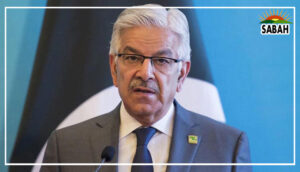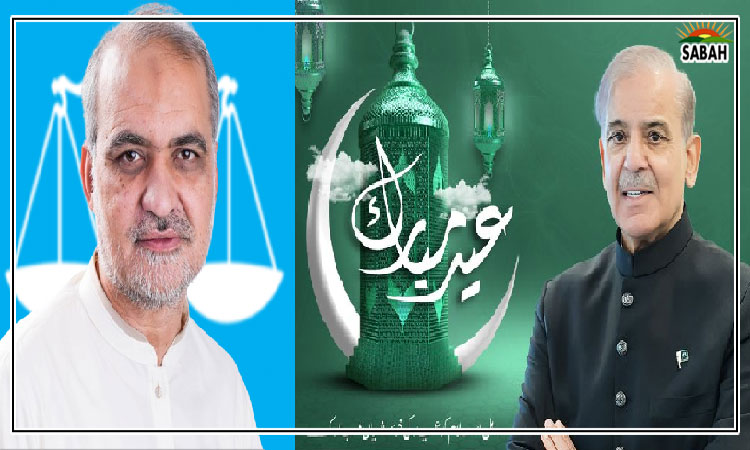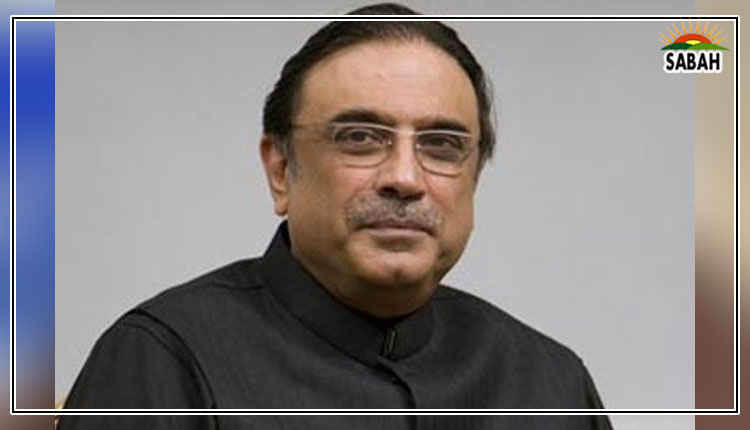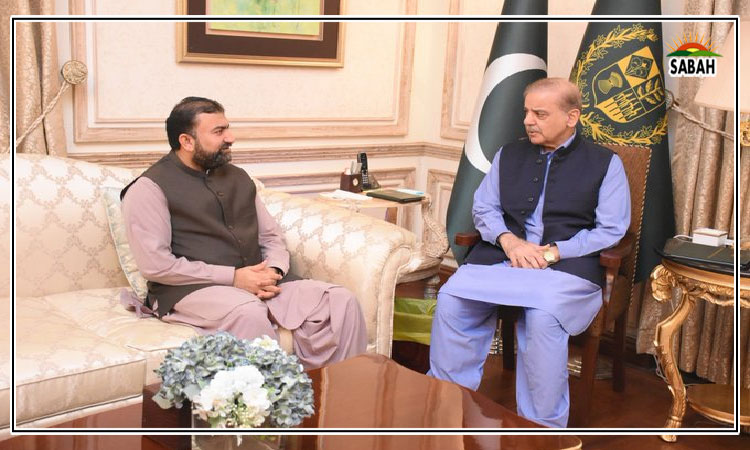Failed and flawed Afghan policy…. Kamran Yousaf
The second anniversary of the Afghan Talibans return to power is only a month away. The Taliban regained control of power in August 2021 even as US-led foreign forces were in Afghanistan. The last batch of US forces left the war-torn country with the help of Afghan Taliban, who provided them with security. While the US scratched their heads and tried to find answers for the dramatic turn of events, people in Pakistan including those at the helm were rejoicing the victory of Afghan Taliban. Then Prime Minister Imran Khan equated the victory of Taliban with people of Afghanistan breaking the shackles of slavery. Even the current defense minister, who was in opposition then, had tweeted while sharing the image of Doha agreement: The powers are yours and God is ours.
God is Great. The euphoria in Pakistan stemmed from the fact that the Afghan Taliban would serve the countrys interests well. People in power corridors thought that the time had come for Pakistan to reap the reward of betting on the Afghan Taliban for decades. The first and the foremost expectations of Pakistan was that unlike the previous regime, the Afghan Taliban would take care of the countrys security concerns. Pakistan took no time and approached the new rulers in Kabul with a wish list, which includes a list of most wanted leaders of Tehreek-e-Taliban Pakistan (TTP). Pakistan handed over the list to Afghan Taliban in the hope that either they would be handed over to Islamabad or they would be eliminated. Instead the first thing the Afghan Taliban did was to break prisons in Afghanistan, freeing hardcore terrorists including TTP militants. Decision makers at the time were still hopeful that once the Taliban established their government they would go after the TTP.
In fact there was a debate within the establishment to use the volatile situation inside Afghanistan at the time of Taliban takeover to eliminate TTP leadership. But the proposal was shot down as some within the system wanted not to create trouble for the Afghan Taliban. They gave precedence to Afghan Talibans interests over Pakistans core security interests. People familiar with the development believe that Pakistan missed a great opportunity to weaken the TTP. Instead Pakistan accepted the Afghan Taliban offer of mediation. Talks did produce results at the start with TTP agreeing to a ceasefire in return for Pakistan freeing certain TTP militants. Pakistan allowed hundreds of militants to resettle as part of the confidence building measure. But the move quickly backfired as the TTP used that window to regroup and start targeting the security forces. By the time Pakistan decided to shift policy, the TTP already made serious inroads in the erstwhile tribal areas. The series of recent attacks in Balochistan suggested that the banned outfit is now spreading its reign of terror.
Last weeks attacks in Zhob Garrison and Sui indicated that efforts to persuade the Afghan Taliban to tackle TTP have failed. This was the reason that Army Chief General Asim Munir issued a stern warning to Kabul. During his visit to Quetta, the army chief said, The Armed Forces of Pakistan have serious concerns on the safe havens and liberty of action available to TTP in Afghanistan. He was further quoted saying, It is expected that the interim Afghan Government would not allow the use of its soil to perpetrate terror against any country, in the real sense and in line with commitments made in Doha Agreement. Defence Minister Khawaja Asif went a step further and accused the Afghan Taliban for violating crucial obligations agreed upon in Doha.
[Around] 50/60 lakh Afghans have 40/50 year asylum in Pakistan with all rights. On the contrary, the terrorists who shed the blood of Pakistanis can find refuge on Afghan soil. This situation cannot continue any longer [sic], wrote Asif on Twitter, vowing that Pakistan will use all resources at its disposal to protect its land and citizens. The Defense Ministers statement perfectly illustrates our failed and flawed Afghan policy!
Courtesy The Express Tribune, July 17th, 2023.












